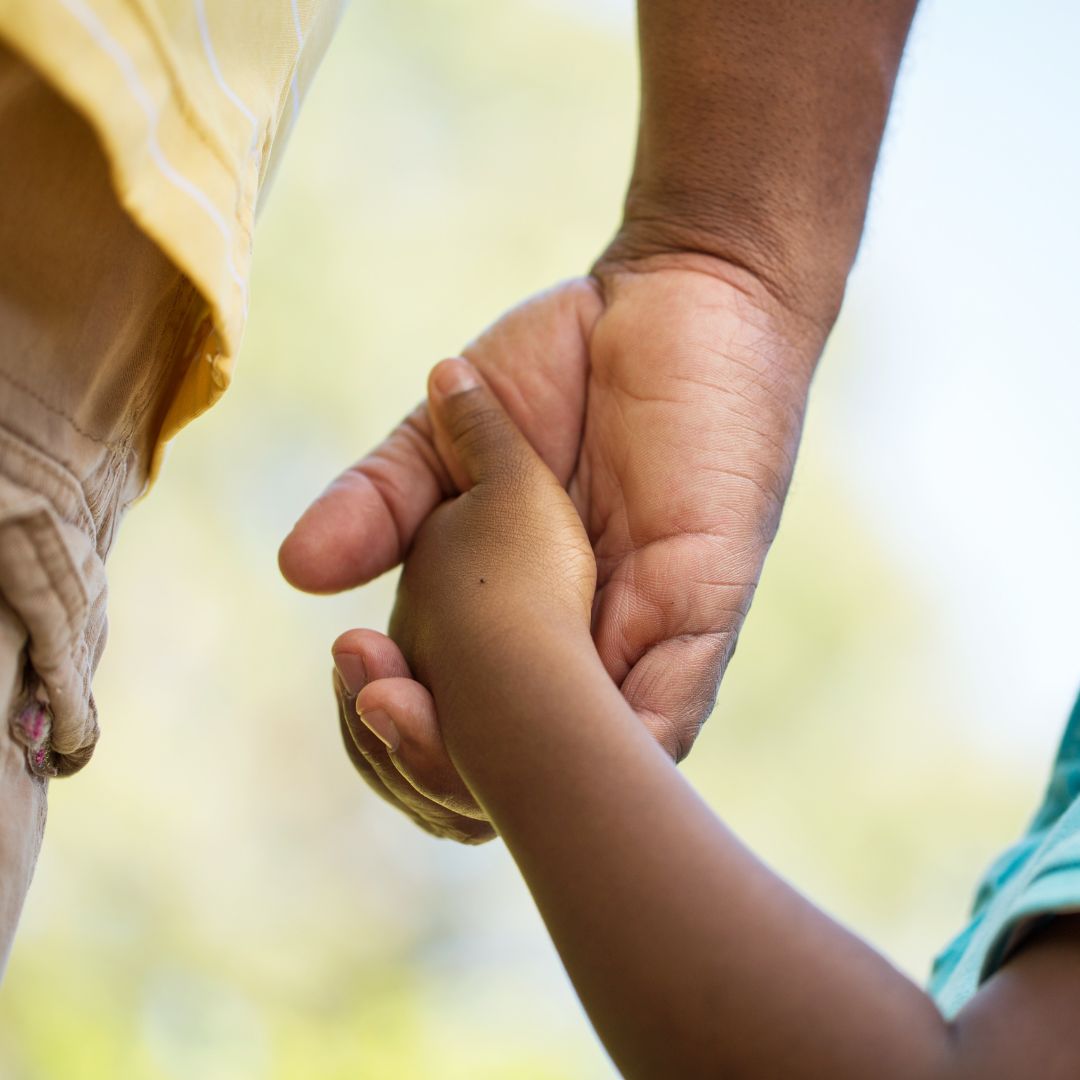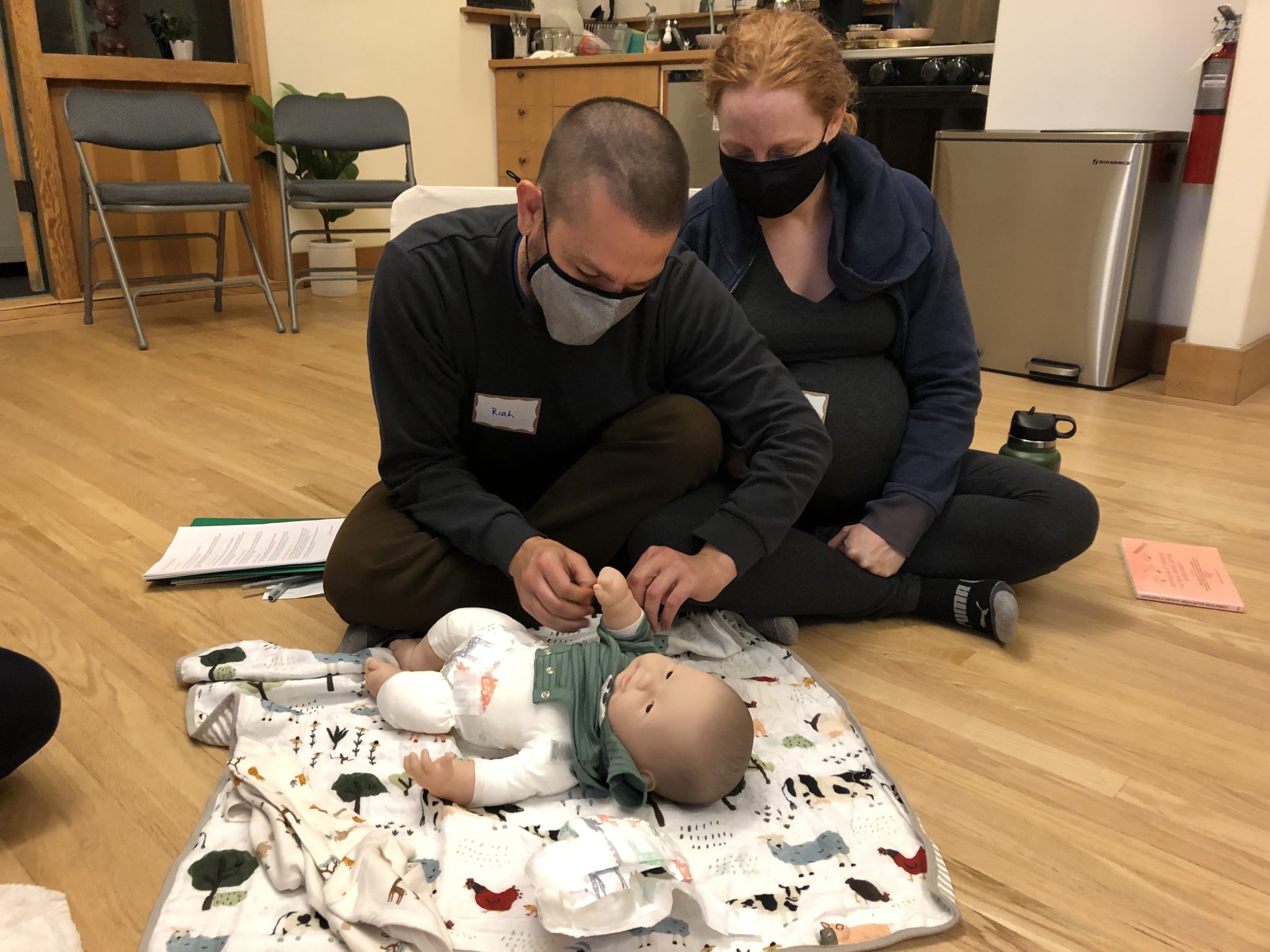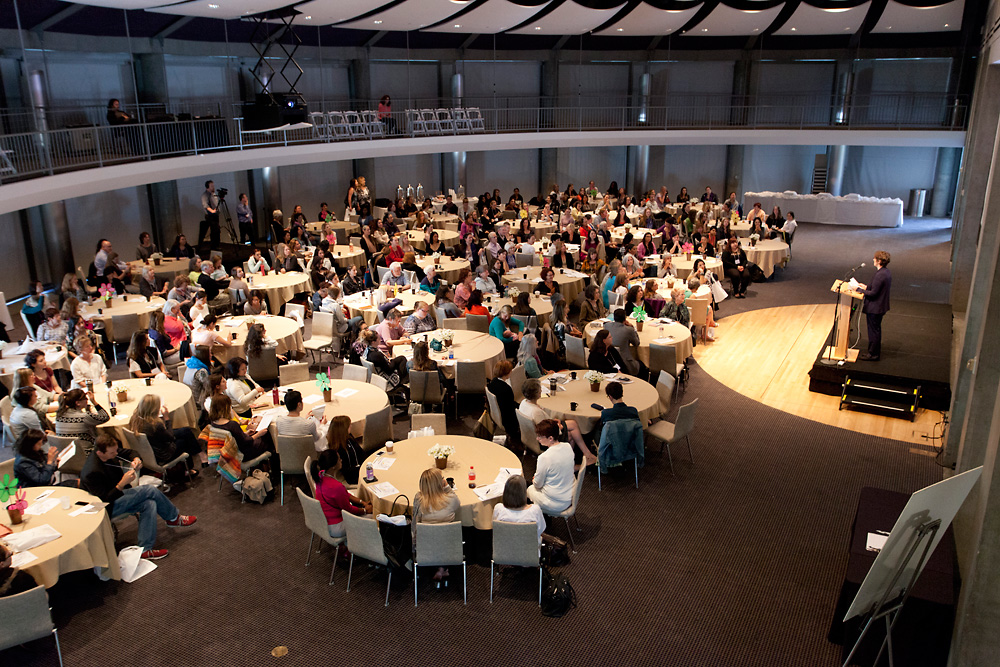Dear Magda,
As I read Educaring I get the feeling that the RIE® philosophy is rather cold and impersonal. You talk of independence and autonomy for infants, but not of loving them. You emphasize the importance of speaking to babies, but not of holding them. You tell parents ways of feeding and bathing their infants, but you don’t talk about playing with them.
Frankly, babies are dependent on adults, not only for food and shelter, but for love, emotional warmth and comfort too. Where do these needs fit into the RIE philosophy?
Concerned Parent
Dear Parent,
For years and years when talking to groups of parents, I asked them, “What do infants need beyond food, hygiene, etc?” The answer was unanimously, “Love.” But what is love?
Rather than trying to explain or analyze “love” theoretically, I will share with you from my own subjective experiences how it feels to be loved, and how it feels to love.
It makes me feel good, it opens me up, it gives me strength. I feel less vulnerable, lonely, helpless, confused. I feel more honest, more rich. It fills me with hope, trust, creative energy. It refuels me and prepares me to face life.
How do I perceive the other person who gives me things? I see her as honest, as one who sees and accepts me for what I really am, who responds to me objectively without being critical. I respect her authenticity and values and she respects mine. She is one who is available when needed, who listens and hears, who looks and sees me, who genuinely shares herself.
In short, I perceive one who loves me, who gives me these feelings, as one who cares.
In no other loving connection is “caring” as crucial as in the parent/infant relationship. This relationship is, at first, one-sided. It is the parent who is the giver; the child slowly learns to love. At the time when parental roles were more limited, parental love had been differentiated into two categories: maternal and paternal love. Maternal love was described as unconditional. The infant is loved because he or she is. Ideally, every human being should start life with this kind of love.
Paternal love has some strings attached. The father has expectations for the young child and love for “good” and “expected” behavior. Many people cannot make the shift from being loved and fully accepted the way they are, to having to earn or deserve love. They insist on being loved while being obnoxious, pushing the parents to the limits of their tolerance. This state or fixation on total acceptance peaks around two and again in adolescence.
The grace period of maternal love lays down a foundation of self- acceptance. Paternal love is a bridge preparing a child to live in the real world, where he has to “deserve” love and appreciation. I see the value of both. I recommend that parents read The Art of Loving by Eric Fromm, who defines love as caring, respecting, assuming responsibility for and acquiring knowledge about the other person.
To care is to put love into action. The way we care for our babies is then how they experience our love.
How and when do you pick your baby up? For instance, when you are in a hurry, do you pick him up without warning or plop him down abruptly? Are you responding to the baby’s needs or your own?
When do you smile at your baby? If your infant could express the bewilderment she feels when looking at her mother’s smiling face while being propped in an uncomfortable position, it may sound like, “Mommy, why do you smile at me when I feel so uncomfortable?”
How do you talk to your infant? Do you tell him “I love you” just when you are at the end of your tolerance, when what you really feel is “I wish I never had a baby”? When what you say is inconsistent with what you feel, your baby receives a double message. Rather than feeling reassured of your love, he feels confused.
When do you choose to hug and kiss your child? Is it when you come home from a party and look at your peacefully sleeping child that you start touching and kissing her and wake her up? Although an act of love, this was serving your needs, not the baby’s.
Do you tolerate your child’s crying? It seems so much easier to do something about crying: to pick up, move around, take for a ride, pat, bounce. When the baby cries, the first step is to try to determine why he cries, rather than to try to stop the crying. When you have eliminated hunger and the other standard discomforts and the baby is still crying, that is the time to tolerate crying, even to respect the infant’s right to cry. You might want to say, “I am here to help you, but I do not know what you need. Try to tell me.” If that is what you feel, share it; this is the beginning of communication.
How do you set limits and restrain your child? Some parents are afraid that setting limits or disagreeing with a child will be perceived as unloving. Yet sometimes setting a limit is in the best interest of the child, and is therefore an act of love. Even though the child may be protesting, you know that what you are doing is for the child’s sake. The most obvious example is the baby’s car seat. Even when she objects to being strapped into it, you continue with the task because you know that it keeps her safe.
Do you allow your baby to experience some frustration? It is difficult for parents to learn that they cannot spare their children from all pain and frustration. Yet the only way anybody can develop frustration tolerance is by experiencing and directly dealing with it.
In what ways do you allow your infant to explore freely and to make choices? Superimposing your ideas of showing love may prevent an infant from making choices or engaging in exploration. For instance, do you hold your baby in your lap in such a way that he can leave when he is ready, or do you hold on to him? Wanting to hold a child can become holding the child back from free exploration, making him passive and overdependent. Showing love means being available rather than intrusive.
Do you tell your child how you really feel? How confusing for a child to have a parent who pretends to be the always loving, always cheerful person. If you learn to communicate how you are feeling (tired, peaceful, upset, joyful, angry, etc.) you become authentic and allow your child to grow up authentic.
Dear parent, I agree that babies need love, emotional warmth and comfort. Most people associate parental love with the easy solutions of holding, nursing, cuddling. What is much more difficult is to find the balance between holding on and letting go. It is a lifelong struggle, and maybe the hardest part of parenting. Good luck and many rewards.
Magda
EDUCARING® DEAR MAGDA/DEAR PARENT – How We Love
Volume VI, Number 1, Winter 1985




